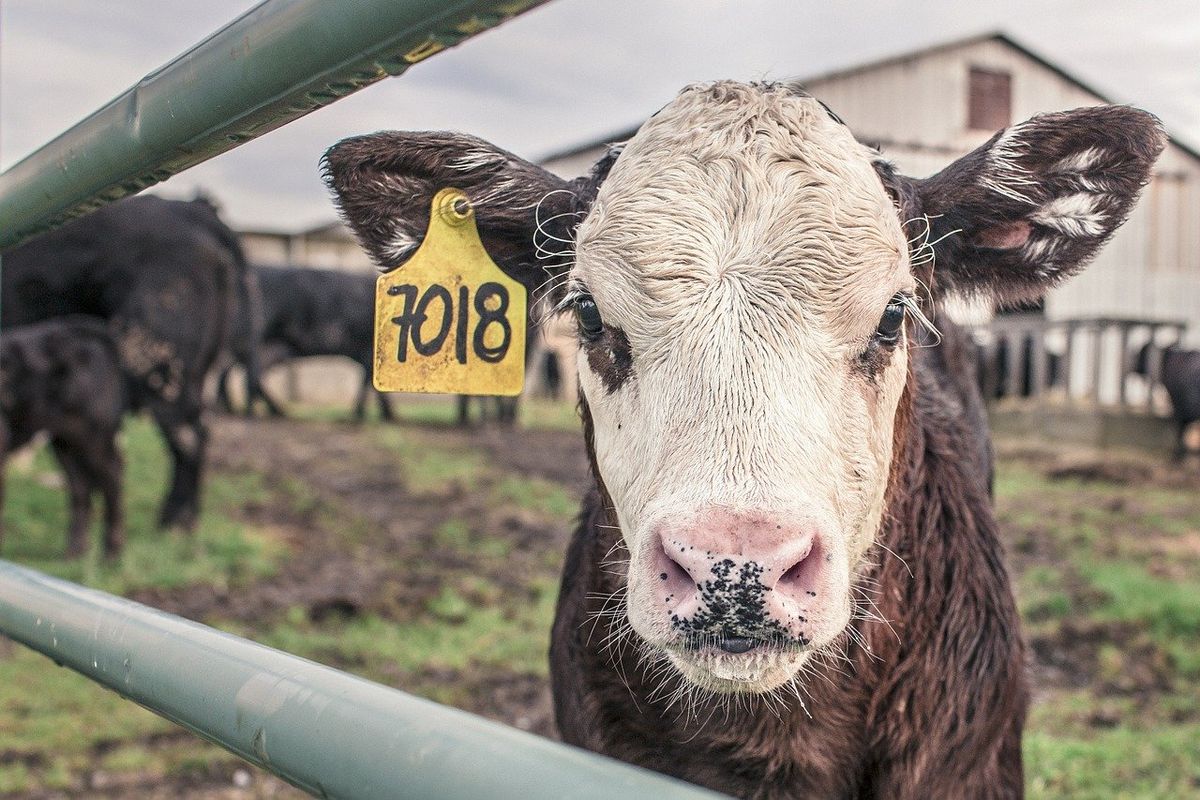Organic Food a Trade-Off Between Health and Climate

Organic foods may be better for you than the non-organic kind, but they may also be worse for the planet, according to a couple of new studies.
Researchers at Johns Hopkins compared organic meat with the standard variety and found that the organic kind was less likely to be contaminated with bacteria that can make you sick. But another study finds that organic food takes a much greater toll on the climate because of the extra land necessary to produce it.
The Hopkins findings highlight the risk for consumers of food borne illness that can be caused by contaminated animal products. Tens of millions of people are sickened in the U.S. each year and the prevalence of multidrug-resistant organisms in “regular” meat can complicate their treatment.
The researchers found that, compared to conventionally processed meats, organic-certified meats were 56 percent less likely to be contaminated with multidrug-resistant bacteria. The study was based on nationwide testing of meats from 2012 to 2017 as part of the U.S. National Antimicrobial Resistance Monitoring System (NARMS).
“The presence of pathogenic bacteria is worrisome in and of itself, considering the possible increased risk of contracting foodborne illness,” said Meghan Davis, DVM, PhD, associate professor in the Department of Environmental Health and Engineering at Hopkins. “If infections turn out to be multidrug resistant, they can be more deadly and more costly to treat.”
But a Swedish study finds the forecast turns grim when the climate is factored in, especially in the case of vegetables.
“Our study shows that organic peas, farmed in Sweden, have around a 50 percent bigger climate impact than conventionally farmed peas. For some foodstuffs, there is an even bigger difference — for example, with organic Swedish winter wheat the difference is closer to 70 percent,” said Stefan Wirsenius, an associate professor from Chalmers University.
The reason organic food may be worse for the climate is that the yields per acre are much lower, primarily because fertilizers are not used. To produce the same amount of organic food, you therefore need more land.
“The greater land-use in organic farming leads indirectly to higher carbon dioxide emissions, thanks to deforestation,” said Wirsenius. “The world’s food production is governed by international trade, so how we farm in Sweden influences deforestation in the tropics. If we use more land for the same amount of food, we contribute indirectly to bigger deforestation elsewhere in the world.”
